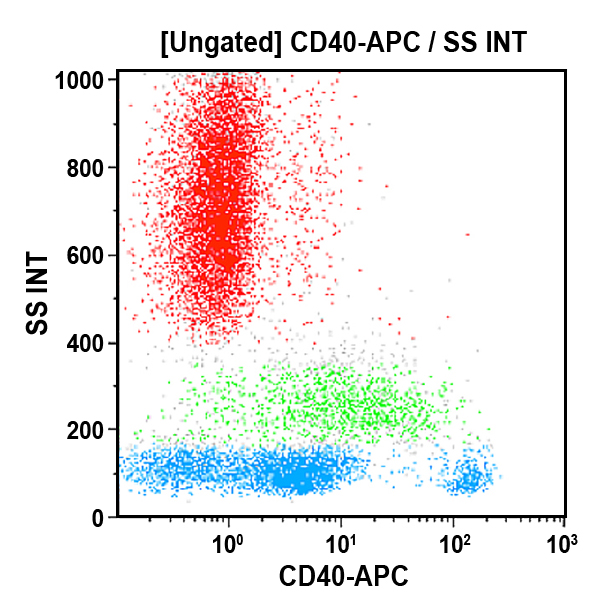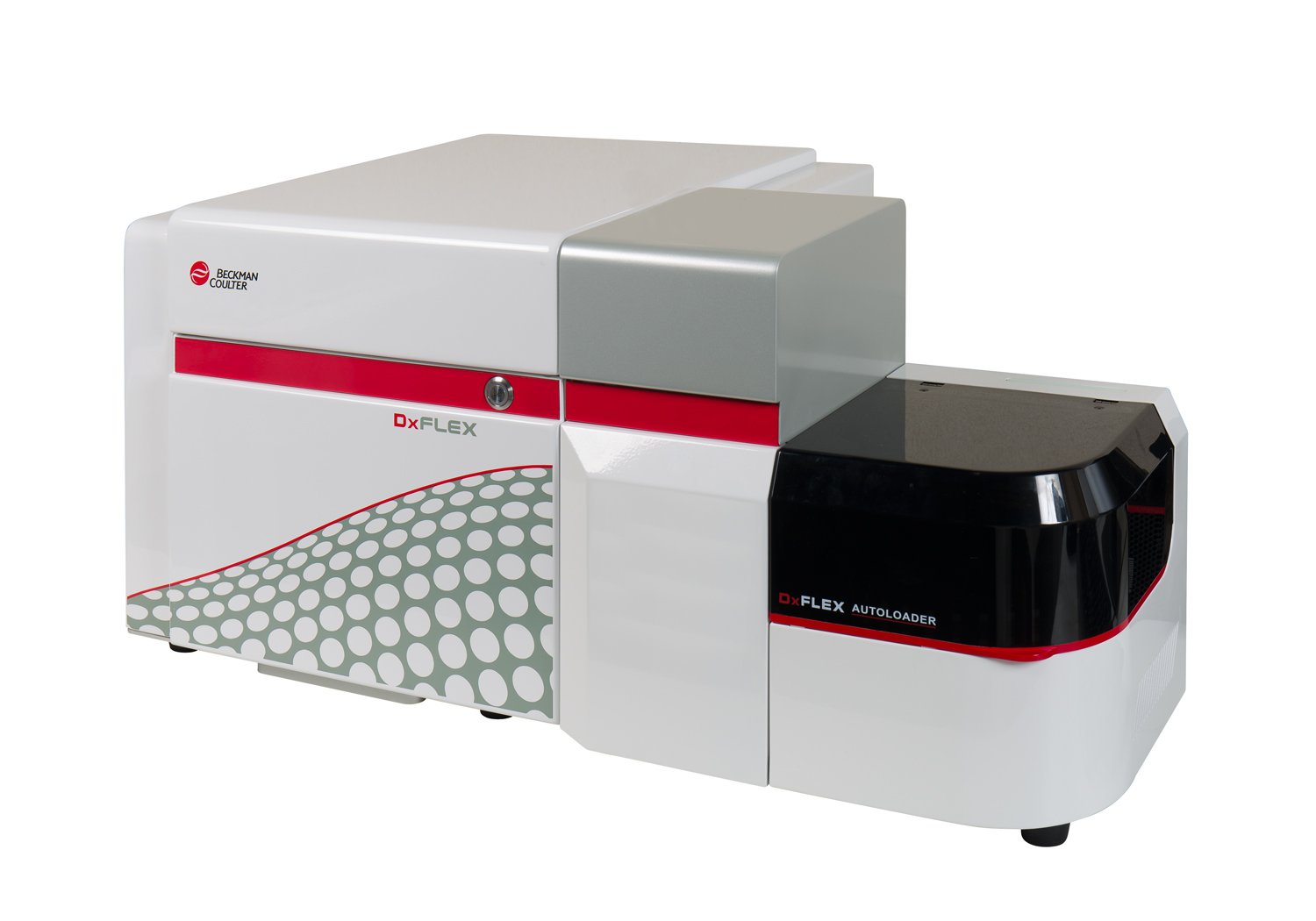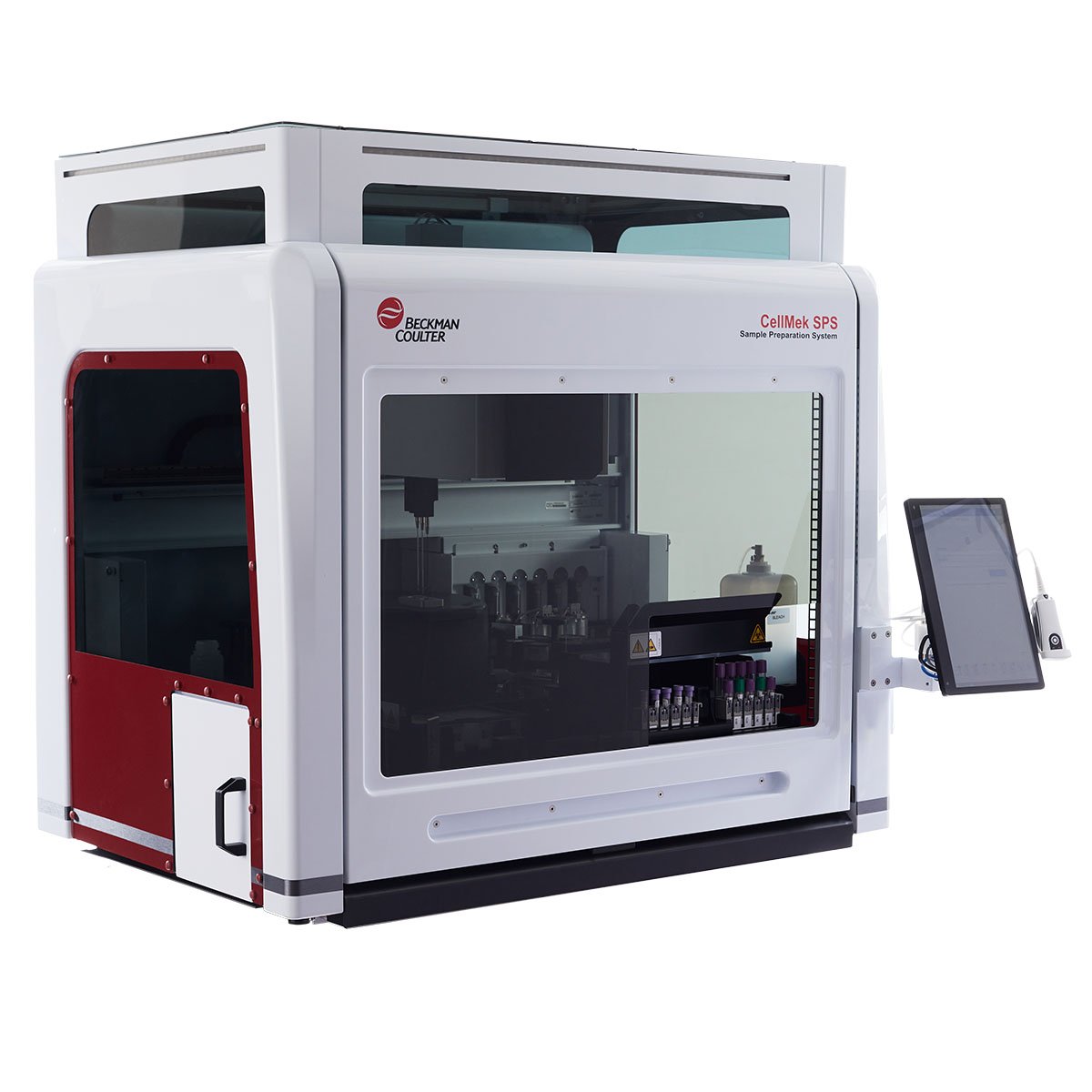CD40 Antibodies
The CD40 antigen is a 44-48 kDa type I integral membrane protein of the tumor necrosis factor receptor (TNFR) superfamily. This antigen is found on B cell lines, is strongly expressed by interdigitating cells (IDC), basal epithelial cells, and is also present on macrophages, some endothelial cells, and follicular dendritic cells. It is a pan-B marker, absent only from terminally differentiated plasma cells. CD40 is implicated in the process of B cell selection in the germinal centre. Studies demonstrated that CD40 monoclonal antibodies (mAbs) induce strong homotypic adhesions in resting B cells and, together with interleukin-4 (IL-4) maintain the cell cycle of blasts of the B lineage. They also can promote the switch to IgE secretion. Activated B cells via CD40 antigen in the presence of IL-10 differentiate into plasma cells and secrete large amounts of immunoglobulins. The CD154, (CD40 ligand) is a membrane glycoprotein on activated T cells that induces B cell proliferation and immunoglobulin secretion. CD154 is also expressed on activated platelets and triggers an inflammatory reaction of endothelial cells.
| Clone: MAB89 | Isotype: IgG1 Mouse |
| Co-culture with MAB89 and IL-4 leads to long term B cell proliferation. | |






